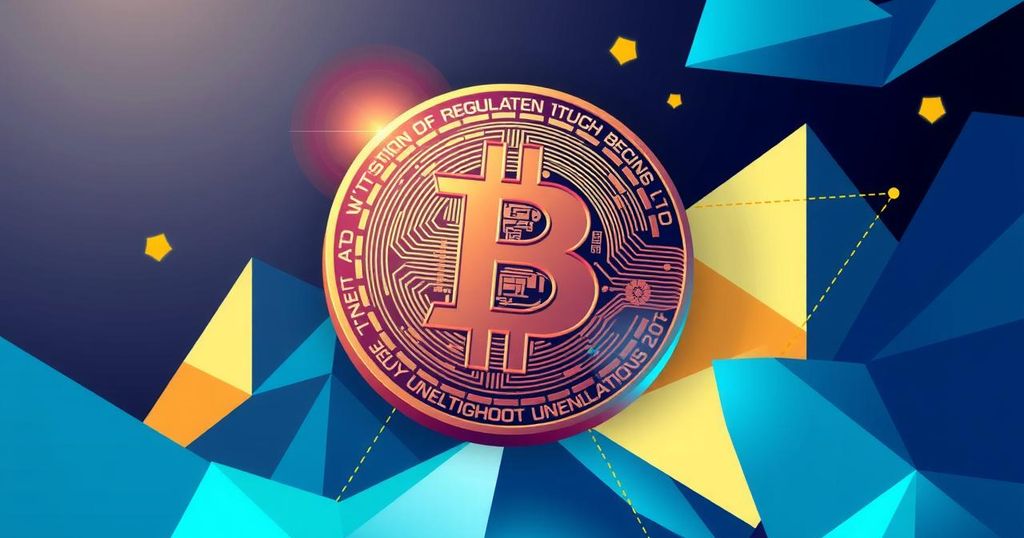Brazil is advancing a bill allowing up to 50% salary payment in Bitcoin to bolster its fintech sector, while South Korea’s central bank rejects Bitcoin for its foreign reserves due to volatility concerns. This exemplifies the contrasting international views on Bitcoin’s legitimacy and potential as a financial asset.
Bitcoin continues to evoke polarized opinions among nations regarding its usage in salary payments. In Brazil, lawmakers are advancing legislation that permits employees to receive as much as 50% of their salaries in Bitcoin. Introduced by Federal Deputy Luiz Philippe de Orleans e Bragança, this bill aims to enhance Brazil’s financial technology sector and attract cryptocurrency investments. The proposal is inspired by similar initiatives in countries such as Japan, Switzerland, and Portugal, where salary payments in cryptocurrency have already been established.
Conversely, South Korea’s Bank of Korea (BOK) has dismissed the notion of incorporating Bitcoin into its foreign exchange reserves. Citing the cryptocurrency’s volatility and inability to comply with International Monetary Fund (IMF) standards regarding liquidity, market, and credit risk management, the BOK remains cautious about Bitcoin’s stability, fearing that its price fluctuations could inflate transaction costs when converted to cash.
These contrasting stances raise the question of Bitcoin’s legitimacy as a financial asset. While Brazil appears to embrace Bitcoin as a means of modernizing payroll systems, South Korea remains skeptical. Should Brazil’s proposal receive approval, it might incentivize more businesses to adopt cryptocurrency payments; however, reservations from South Korea and similar governments indicate that broader acceptance is still uncertain. As of the latest update, Bitcoin’s price stands at $82,645.
In summary, the divisive international perspectives on Bitcoin’s role in salaries illustrate a broader discord over cryptocurrency legitimacy. Brazil’s legislative efforts may provide a framework for crypto-based salaries, while South Korea’s rejection underscores concerns regarding volatility and regulatory compliance. The future of Bitcoin as a widely accepted financial asset remains unclear but is undoubtedly evolving.
Original Source: www.tipranks.com




